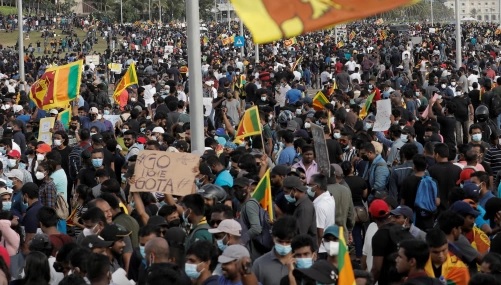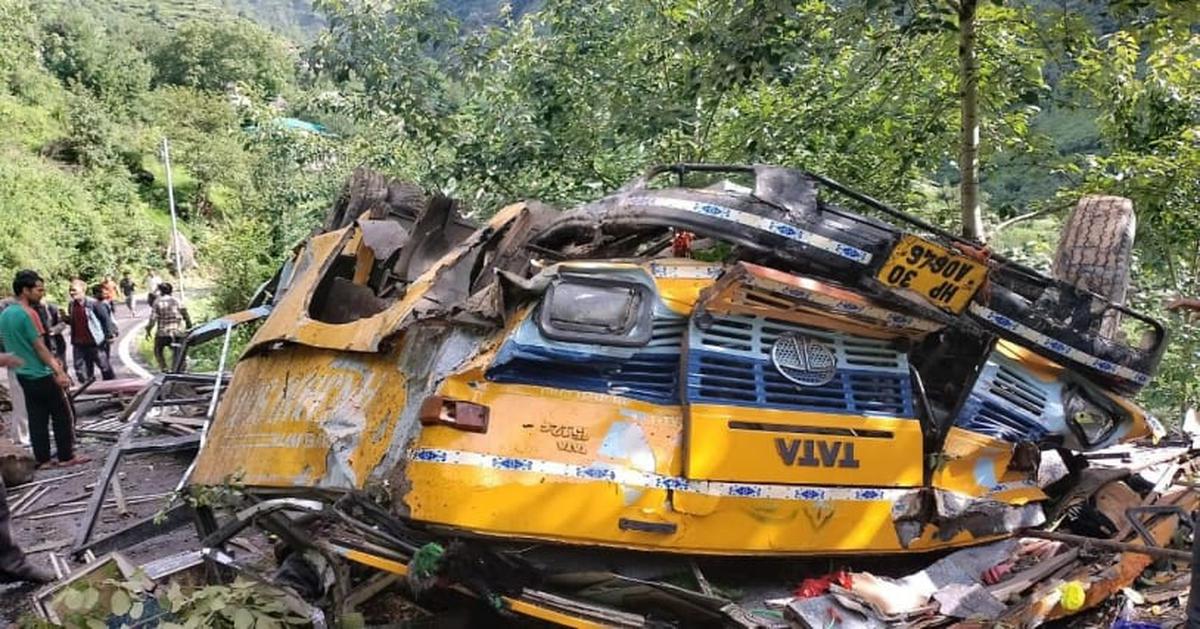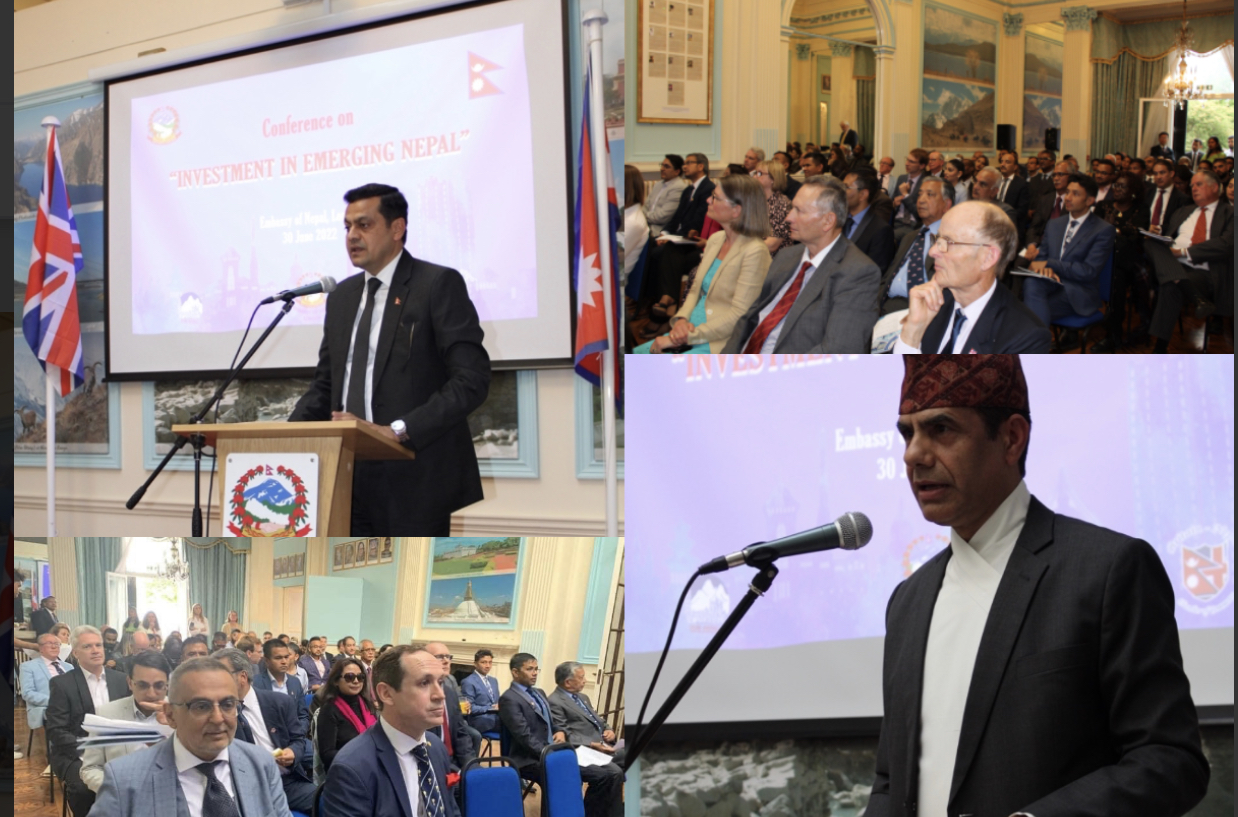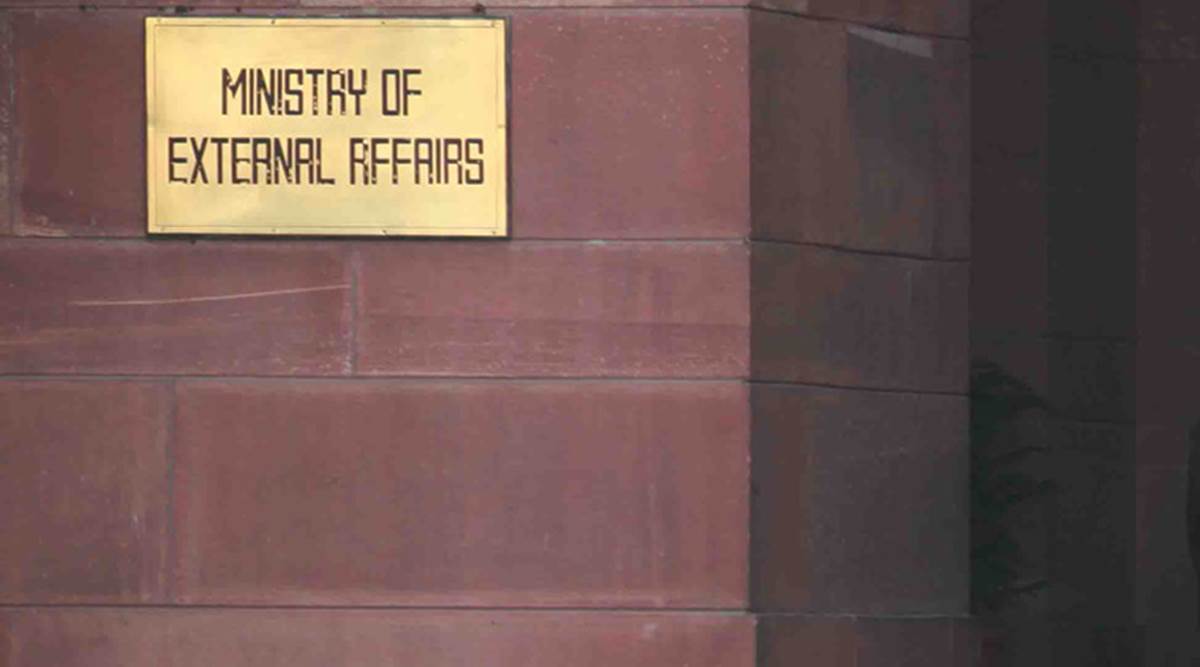Kathmandu: The government data for the last one decade indicate the country’s rising dependency on rice. In fiscal year 2069-70 BS (2012-13), rice worth Rs 20 billion was imported in the country and the figure rose by 150 percent to touch Rs 50 billion in the first eleven months of the current fiscal.
According to the Department of Customs, in the first eleven months of current fiscal, rice, kanika (fragmented rice) and dhuto (husk powder) worth Rs 50 billion was imported.
Nepal majorly imports rice from India, China, Vietnam, the United States of America and Thailand. According to the Ministry of Agriculture and Livestock Development, the import of fine and aromatic rice make up 70 percent in the import chart and high-class people and hotels are the users of these varieties of rice products.
The government in the budget for the fiscal year announced to make the country self-sufficient on rice by coming five years. Though the government had planned to increase rice production through the Prime Minister Agriculture Modernisation Project since the fiscal year 2073-74 BS, the positive results remained unmet.
The country during the fiscal year 2012-13 saw the 454,503 metric tons of rice. According to government data, of around 310,000 hectares of arable land in Nepal, paddy farming is possible on the fifty percent of it. The National Census of Agriculture 2011-12 conducted by the Central Bureau of Statistics shows that 100,000 hectares of land has remained unused in Nepal.
Agriculture census is being conducted in every 10 years. The seventh agro census was conducted from April 19 and concluded on May 2 in the country.
Officer at the Central Bureau of Statistics, Hemraj Regmi, said it will still take seven months to make public the census.
There is no any authentic detail about how much arable land have been turned into plotting, as well as eroded by river till the date.

















